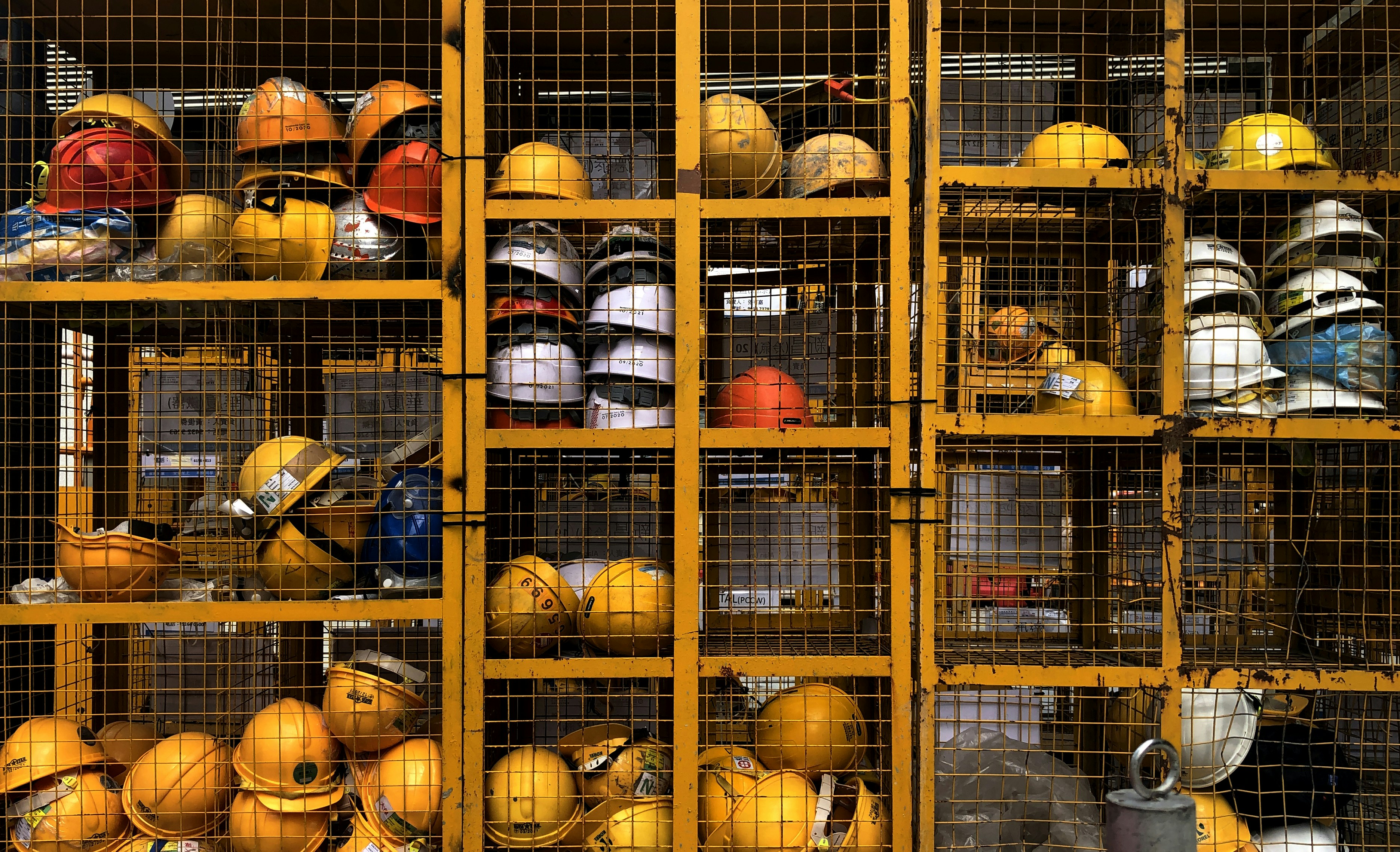The Ultimate Guide: Everything You Need to Know About Helmets
October 1, 2023 | by helmets4u.co.uk
 Photo by Pop & Zebra on Unsplash
Photo by Pop & Zebra on Unsplash Introduction
When it comes to safety while riding a bicycle, motorcycle, or engaging in any other activity that requires head protection, wearing a helmet is absolutely crucial. Helmets not only protect your head from potential injuries but also provide added comfort and confidence.
Types of Helmets
There are several types of helmets available in the market, each designed for different purposes. The most common types of helmets include:
- Bicycle Helmet
- Motorcycle Helmet
- Football Helmet
- Hockey Helmet
- Industrial Helmet
It’s important to choose the right type of helmet based on the activity you’ll be engaging in.
Fitting and Sizing
Proper fitting and sizing of a helmet are crucial for both comfort and safety. A helmet that is too loose or too tight can compromise its protective capabilities. To ensure a proper fit, follow these steps:
- Measure the circumference of your head just above your eyebrows.
- Refer to the helmet manufacturer’s sizing chart to determine the appropriate size for your head measurement.
- Try on different helmets within your size range to find the one that fits snugly without causing any discomfort.
Helmet Safety Standards
When purchasing a helmet, it’s important to check if it meets the necessary safety standards. The two most commonly recognized helmet safety standards are:
- DOT (Department of Transportation) for motorcycle helmets
- CPSC (Consumer Product Safety Commission) for bicycle helmets
Always look for the appropriate safety certification label on the helmet to ensure its reliability.
Helmet Care and Maintenance
To ensure the longevity and effectiveness of your helmet, proper care and maintenance are essential. Here are a few tips to keep in mind:
- Regularly inspect your helmet for any signs of wear and tear.
- Clean the helmet using mild soap and water, and avoid using any harsh chemicals.
- Store the helmet in a cool and dry place, away from direct sunlight.
Replacing Your Helmet
Over time, helmets can become worn out and lose their protective capabilities. It is recommended to replace your helmet in the following situations:
- If your helmet has been involved in a crash or impact
- If your helmet shows signs of damage or deterioration
- If your helmet no longer fits properly
Remember, a helmet is a one-time investment that can potentially save your life.
In Conclusion
Wearing a helmet is a simple yet highly effective way to protect yourself from head injuries. Whether you’re riding a bicycle, motorcycle, or participating in any other activity that requires head protection, always make sure to wear a helmet that fits properly and meets the necessary safety standards. Remember, safety should never be compromised!
RELATED POSTS
View all


